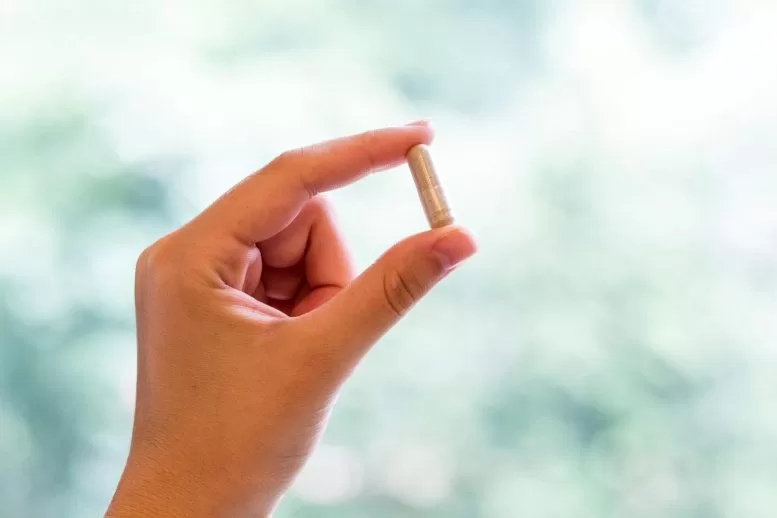New research suggests that increasing ketone levels in the blood, through either a ketogenic diet or ketone supplements, could potentially help regulate irregular menstrual cycles or even restart periods that have stopped altogether. The study, published in PLOS ONE, reveals surprising results regarding the connection between ketones and menstrual health.
In the study, 19 pre-menopausal women, aged around 34, participated in a six-week weight loss trial. These women, all healthy but overweight, were divided into three groups: one group followed a ketogenic diet, another combined a ketogenic diet with ketone salt supplements, and the third group followed a low-fat diet. The results were intriguing: while all participants lost weight, only those on the ketogenic diets—either alone or with supplements—reported changes in their menstrual cycles. Some even experienced a restart of their periods, which had been absent for over a year.
Madison Kackley, the lead author of the study and a research scientist at The Ohio State University, explained that six of the women in the study who hadn’t had a period in over a year found that their cycles resumed while following the ketogenic diet. “Our hypothesis is that the presence of ketones may help regulate women’s health in terms of endocrine, cognitive, and metabolic influences,” she said.
The ketogenic diet, which encourages the body to burn fat for fuel rather than carbohydrates, produces ketones—alternative energy sources for the brain and body. Supplements that elevate ketone levels without dietary changes also contribute to nutritional ketosis, a metabolic state where ketones are more readily available.
Kackley, who worked in Jeff Volek’s lab at Ohio State, is exploring how the presence of ketones might act as a signaling molecule, influencing hormonal regulation. The study’s findings suggest that ketones, rather than weight loss alone, could have a direct effect on menstrual cycles.
Among the 19 women studied, 11 experienced noticeable changes in menstrual cycle frequency, intensity, or both. These changes were observed in women who were not using birth control. One participant, who was 33 years old and had never had a period, reported her first menstrual cycle just five days after reaching nutritional ketosis.
Notably, the two women who reported no changes in their cycles were using oral contraceptives. Kackley emphasizes that while the results are promising, more research is needed to understand the individualized effects of ketone supplementation.
The study’s findings challenge conventional views about menstrual irregularities, opening up new possibilities for women seeking to regulate their cycles. “This research is incredibly important because there are so many unanswered questions for women,” Kackley said. “We’re trying to change things for women and give them some control over their reproductive status—something we historically haven’t had.”
Kackley’s ongoing research aims to identify specific interventions that could help address conditions like polycystic ovary syndrome, perimenopause, and postpartum depression. Her work also aims to uncover more about the complex relationship between nutrition, exercise, and women’s health, particularly when it comes to irregular or missing periods.
The findings offer hope for those suffering from menstrual cycle disruptions, with researchers optimistic that future studies will uncover more about the role of ketones in women’s reproductive health.












